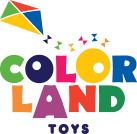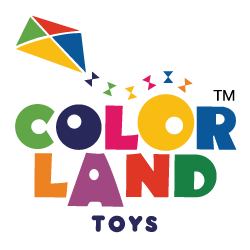The influence of storytelling in early childhood - Help them read

Sharing stories with your child every day helps their development in many ways. Sharing stories with your child can help them to know sounds, words and language which will develop early literacy skills inside the child. Children learn to value books and stories. Stories spark your child’s imagination and stimulate curiosity inside them. It helps in developing your child’s brain, their ability to focus, and concentrate, their social skills and communication skills. Through story-telling your child understands the difference between ‘real’ and ‘make-believe’. It helps your child to understand new and frightening events. Children learn about the world, their own culture and other cultures.
Also, sharing stories with your child doesn’t mean that you have to read from the book. Just by looking at books with your child and talking about books, you can be a great storyteller for your child. You can also become a good model for using language and books. Your child will learn from you so much when you will hold a book the right manner. They will also learn how you move through the book by gently turning the pages. Reading stories has benefits for grown-ups too. The special time you spend reading together will develop a special sense of bonding between you and your child. It will also strengthen your relationship with your child.
Reading isn’t the only way to develop your child’s language and literacy development. Telling stories, singing songs and saying rhymes are also great activities to improve the early literacy skills of the child. Your child will probably have a lot of fun at the same time while listening to these stories, songs and rhymes. You and your child will also like to make up your own stories or share some family stories. Your child will learn new words and it will also develop language skills because of the songs, stories and conversations you share together.
Reading to your children in other languages
You can read, sing and tell stories to your child in whatever language you feel most comfortable with. If you use a language, you are comfortable in speaking, it will help you to communicate more easily with the child. It will also make reading, singing and storytelling more fun for you and your child. Your child will learn the words which are made up of different letters, syllables and sounds. These words also usually link to the pictures on the page of the book. Do not panic if English isn’t your child’s first language. Being bilingual will help your child to learn English when they start their kindergarten school.
Dual-language books are a great resource for anyone. Many children’s books are published in two languages. If you speak a language other than English at home, reading dual-language books with your child will help them a lot to become more familiar with English. Another option is to read a book aloud in English or listen to an audio book in English. After that you can talk about the story with your child in whatever language you feel the most comfortable with.
You can make books part of your daily routine and can take them with you to enjoy everywhere. Knowing when to stop is as important as finding the time to share the story in the first place. Pay attention to your child’s reaction to the story. You need to stop if your child isn’t enjoying the story at that time. You can always try to read the book or tell the story in another time. If you don’t have a book or you can’t make up a story on the spot, then do not worry. Because there are many other ways you and your child can share letters, words and pictures. Like packages at home or in the supermarket.






 +971 50 150 4446
+971 50 150 4446